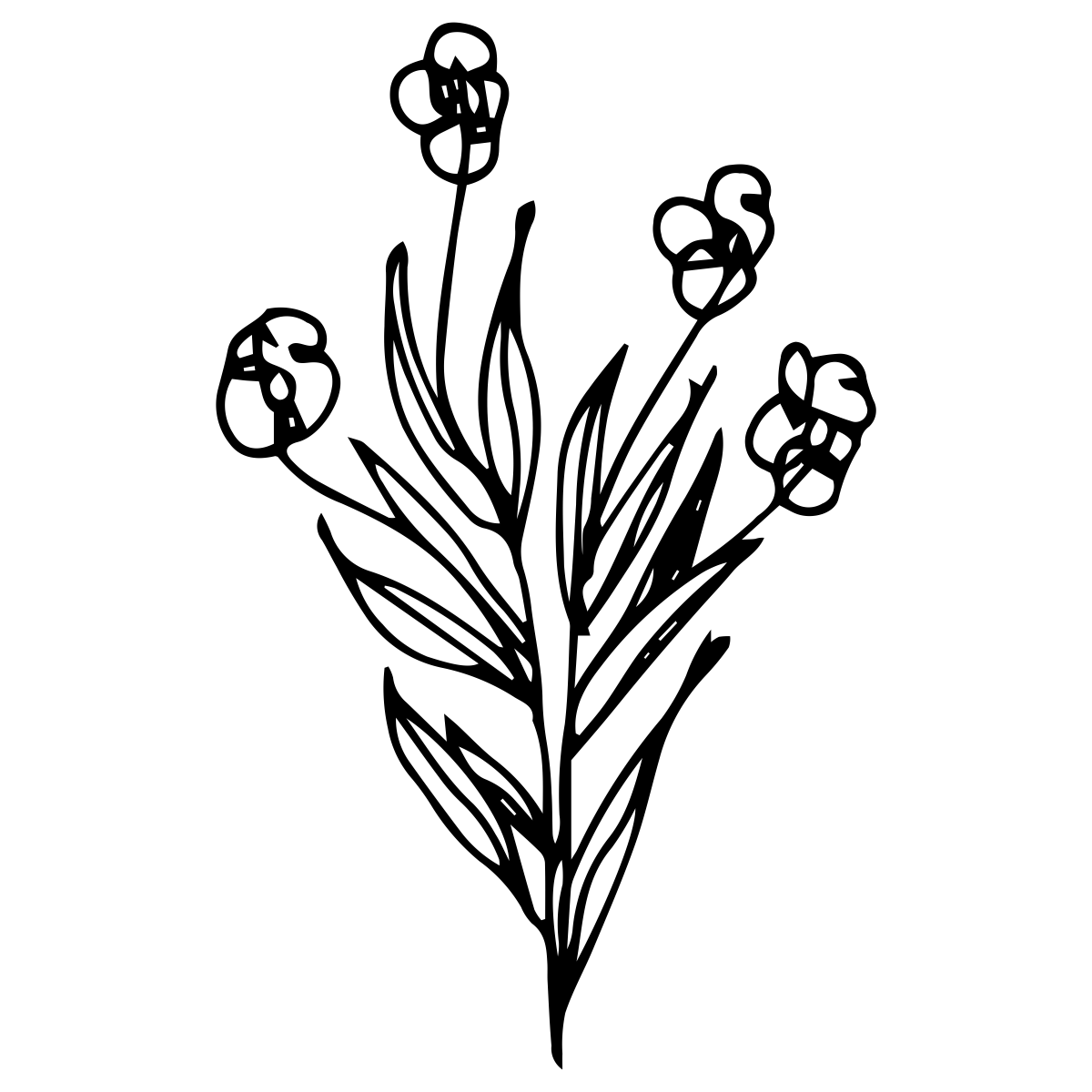5 Important Things: August 2018
A thing I read: Eleanor Oliphant is Completely Fine by Gail Honeyman
It takes an extra special fiction book to impress me. (Of the best books I read in 2017, only five of them were fiction.) Eleanor Oliphant will definitely make my list of favorites this year, although I nearly abandoned it a couple chapters in. It wasn’t necessarily a pageturner, and the barely-there love story in the background was more everyday than epic. Somehow, though, I found myself dwelling on this book for several days after I finished it and in my literary view, that’s a book that has earned its stripes.
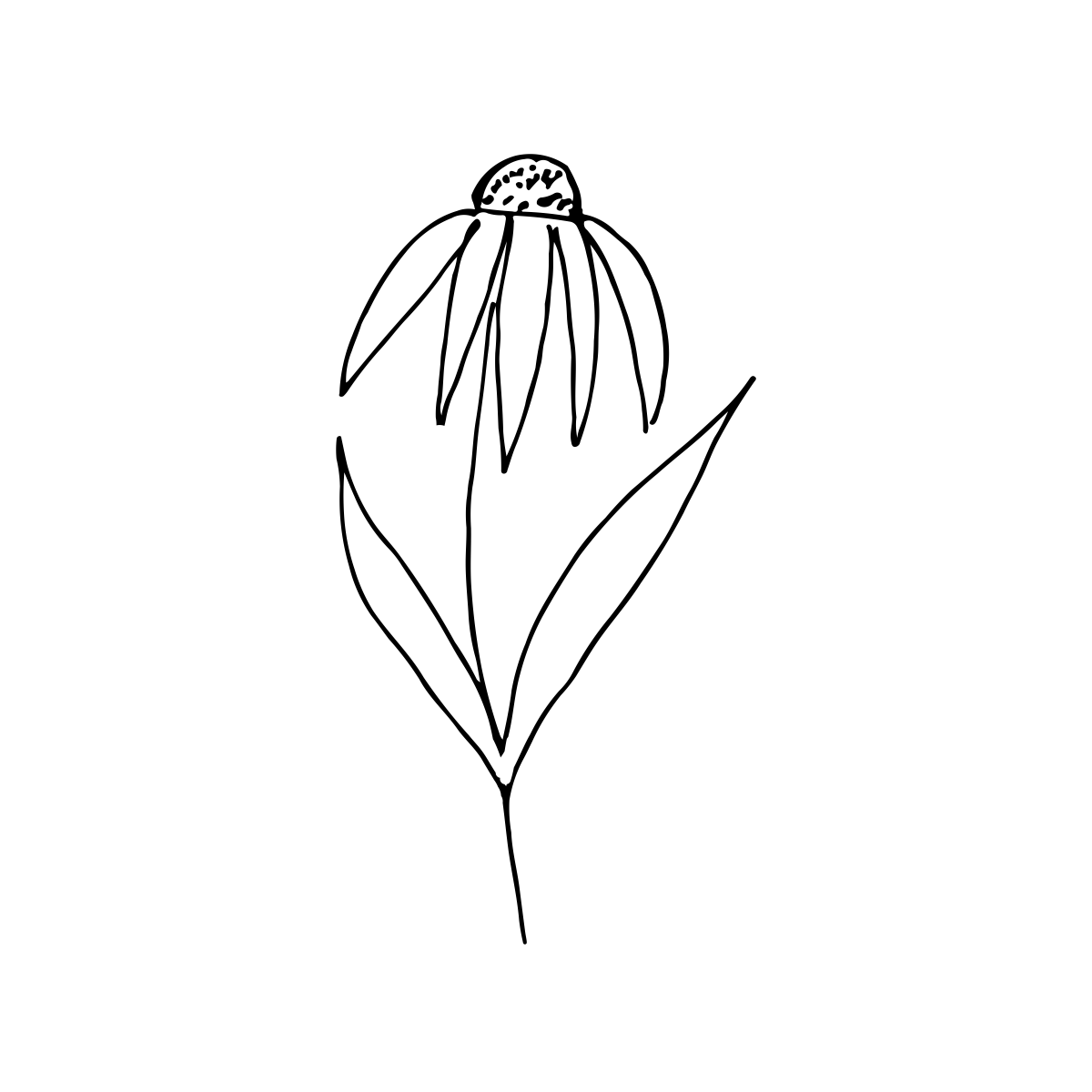
A thing I did to be a better human: Memorized the entire “On Love” excerpt from The Prophet by Kahlil Gibran
I’m a bit of a zealot when it comes to pampering my brain. It’s the reason I practice intermittent fasting, brush my teeth with my non-dominant hand, avoid looking at my feet when climbing stairs, enthusiastically gobble salmon, and meditate. In Norman Doidge’s excellent book on neuroplasticity, The Brain that Changes Itself, he provides heaps of practical advice (and the science to back it up) on building and strengthening your neural pathways. He touts “mental practice,” or memorization, as one such method for expanding your brain power. There are some lovely poetic reasons for it too. Rote memorization has largely fallen out of fashion as a pedagogical method, but there is an intriguing underworld of memory competitions illuminated by Joshua Foer in Moonwalking with Einstein. He also has a TED talk if you just want the highlight reel.
For my own memory project, I chose one of my favorite literary excerpts from The Prophet. I’ve enjoyed the process so much that mental practice is now an established part of my weekly routine. If you have any suggestions for what to memorize next, I’m all ears!
Here is perhaps my favorite line:
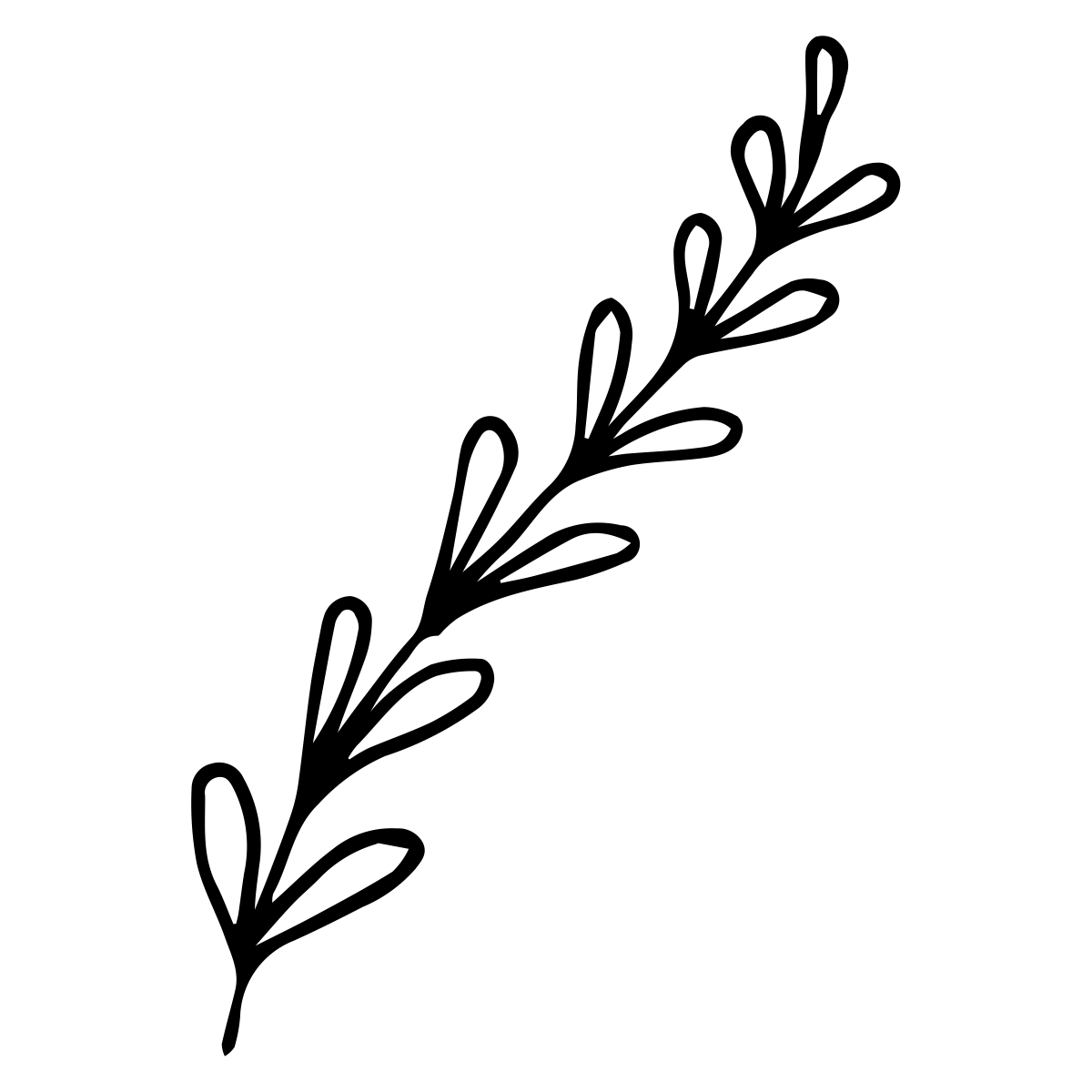
But if in your fear you would seek only love's peace and love's pleasure,
Then it is better for you that you cover your nakedness and pass out of love's threshing-floor,
Into the seasonless world where you shall laugh, but not all of your laughter, and weep, but not all of your tears.
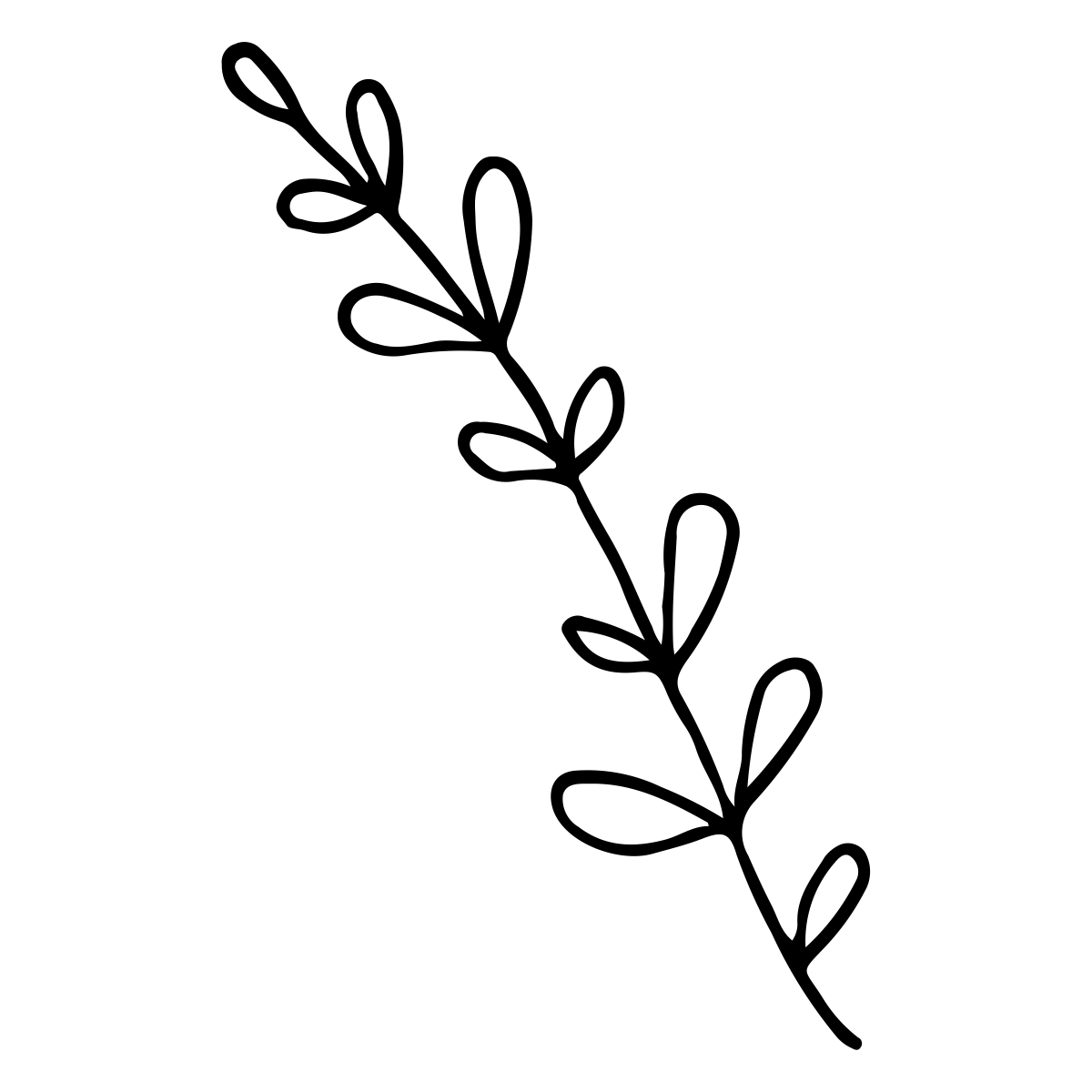
A thing I learned: We must be willing to get rid of the life we've planned to have the life that is waiting for us. Props to Joseph Campbell for this bit of wisdom that feels so deeply salient to me right now.
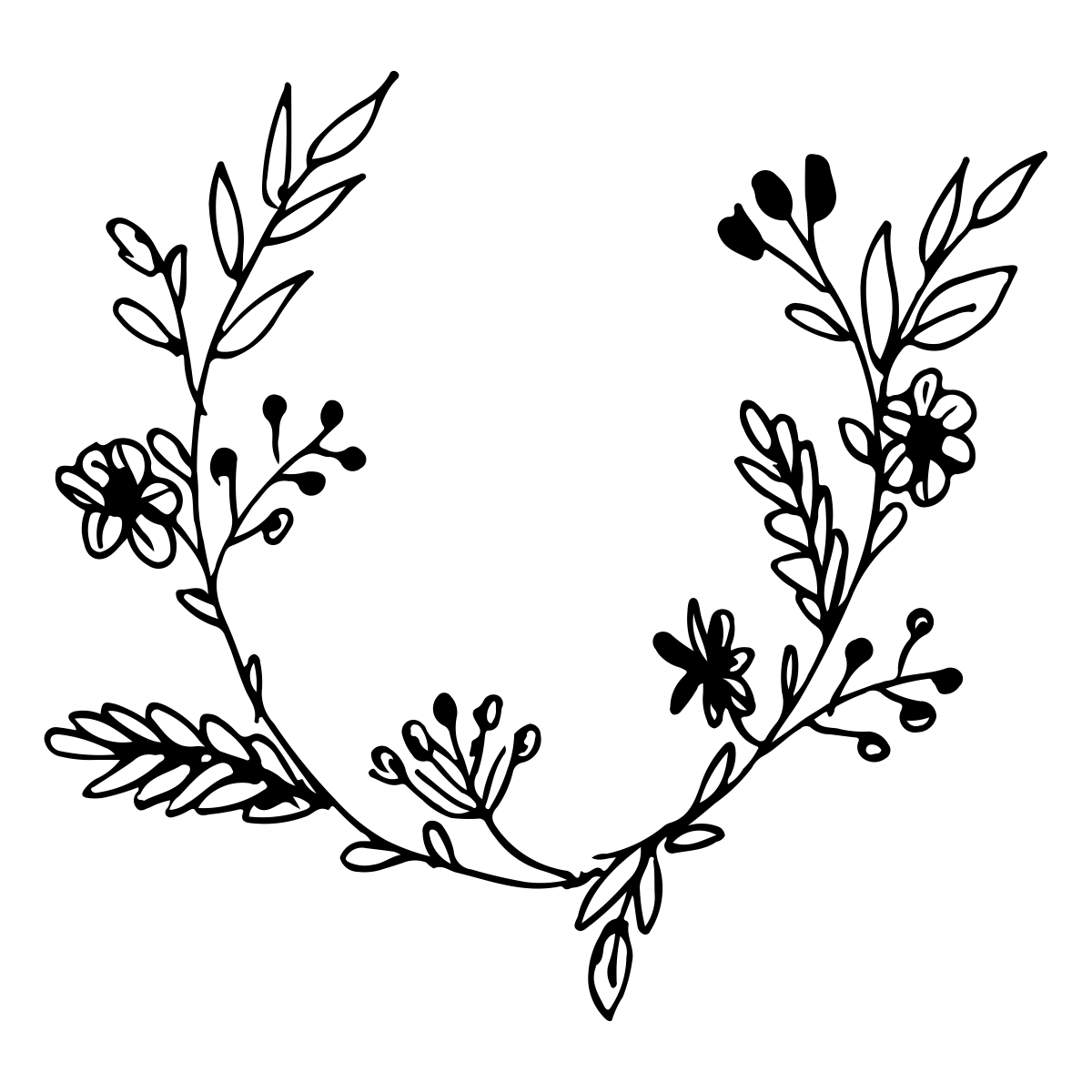
A thing for me to ponder: What do I mean when I talk about being a better human?
For over a year now, I’ve been mildly obsessed with the idea of virtue. Maybe I’m short-changing the timeframe a bit; it’s been a consuming thought for much of my life. Chalk it up to being raised in an uber-conservative Christian household - the long skirts, long hair, no make-up, no TV, no drinking brand of conservative. Or chalk it up to reading too much philosophy or just being a quirky human. Whatever the reason, chasing goodness has long been a driving force in my world.
When I was a kid, I used to imagine that I was being constantly being watched by people whose opinions mattered deeply to me – usually my grandmothers – as a means for regulating my behavior. (I talk about this as if it’s in the past, but I still do it occasionally. My grandmas have been giant characters in my life and I want them to be proud. They’re pretty rad women.) As my ideas about God have changed over the years, so have my ideas about what’s just and right in the world – but there is still a deep ethical anchor that is unshifting. Where does that come from?
My fascination deepened when I read one of my all-time favorite books a few years ago, The Road to Character by David Brooks. Then I stumbled on Stoicism and discovered a group of thinkers spanning centuries who love talking about virtue even more than I do. In my philosophical Ring of Fire, the flames went higher.
From A Guide to the Good Life by William Irvine:
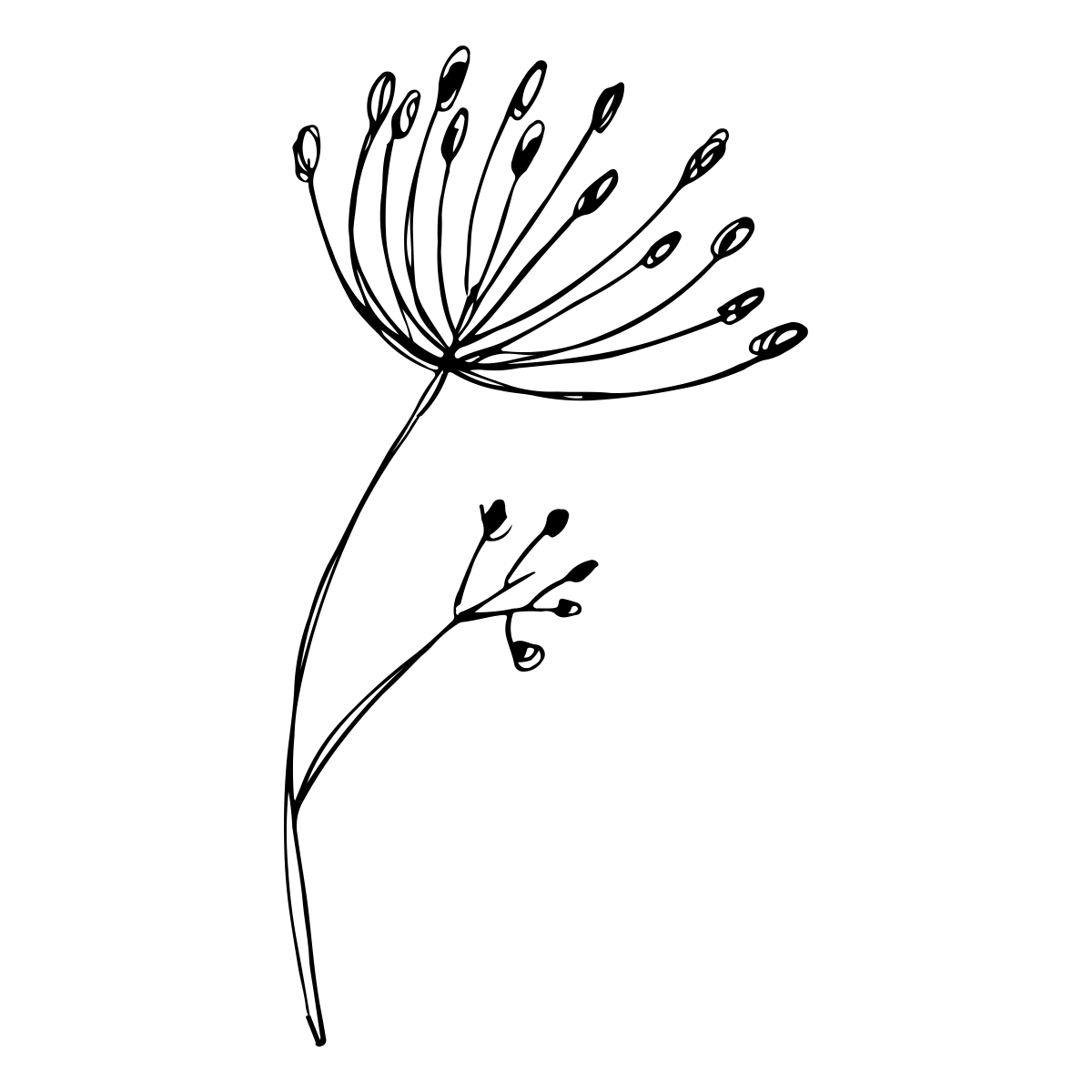
For the Stoics, a person’s virtue…depends on her excellence as a human being – on how well she performs the function for which humans were designed. To be virtuous then, is to live, as we were designed to live; it is to live, as Zeno put it, in accordance with nature.
Asking “What do I mean when I talk about being a better human?” is just the first question in a long line-up of musings in this vein, and I’ve started to think perhaps it will be the subject of my first book. (Because if there’s one thing people in modern-day America can’t wait to read about, it’s virtue. Maybe I can get the Kardashians to endorse it.) Here’s a smattering of questions that are occupying my mind-space. I heartily welcome any dialog, encouragement, or friendly jeering on this topic.
What I Talk About When I Talk About Virtue
What does it mean to be “good” in today’s world? How have our ideas of what is virtuous changed over time? How do we know that what we ordain as good today will not be abhorrent tomorrow? Does that context even matter?
In the steadily receding landscape of formal religion, where do we look for our ethical mooring? Has religion ever been a worthy source of moral guidance, or has it done more harm than good?
Does virtue change when examined through the lens of the individual versus the crowd? How do we use others to define our character? Is our character somehow stronger if we’re virtuous for our own sake versus for the sake of others?
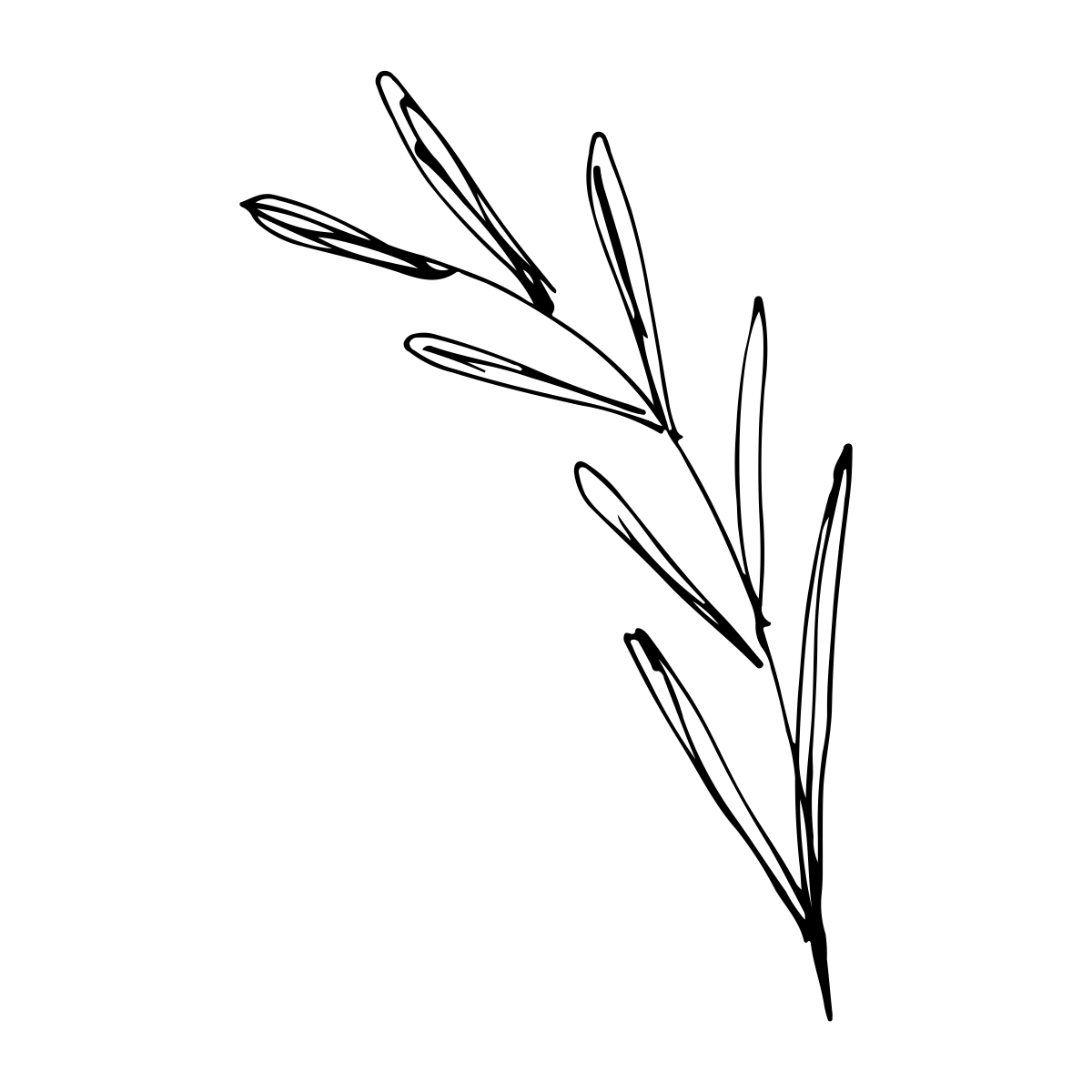
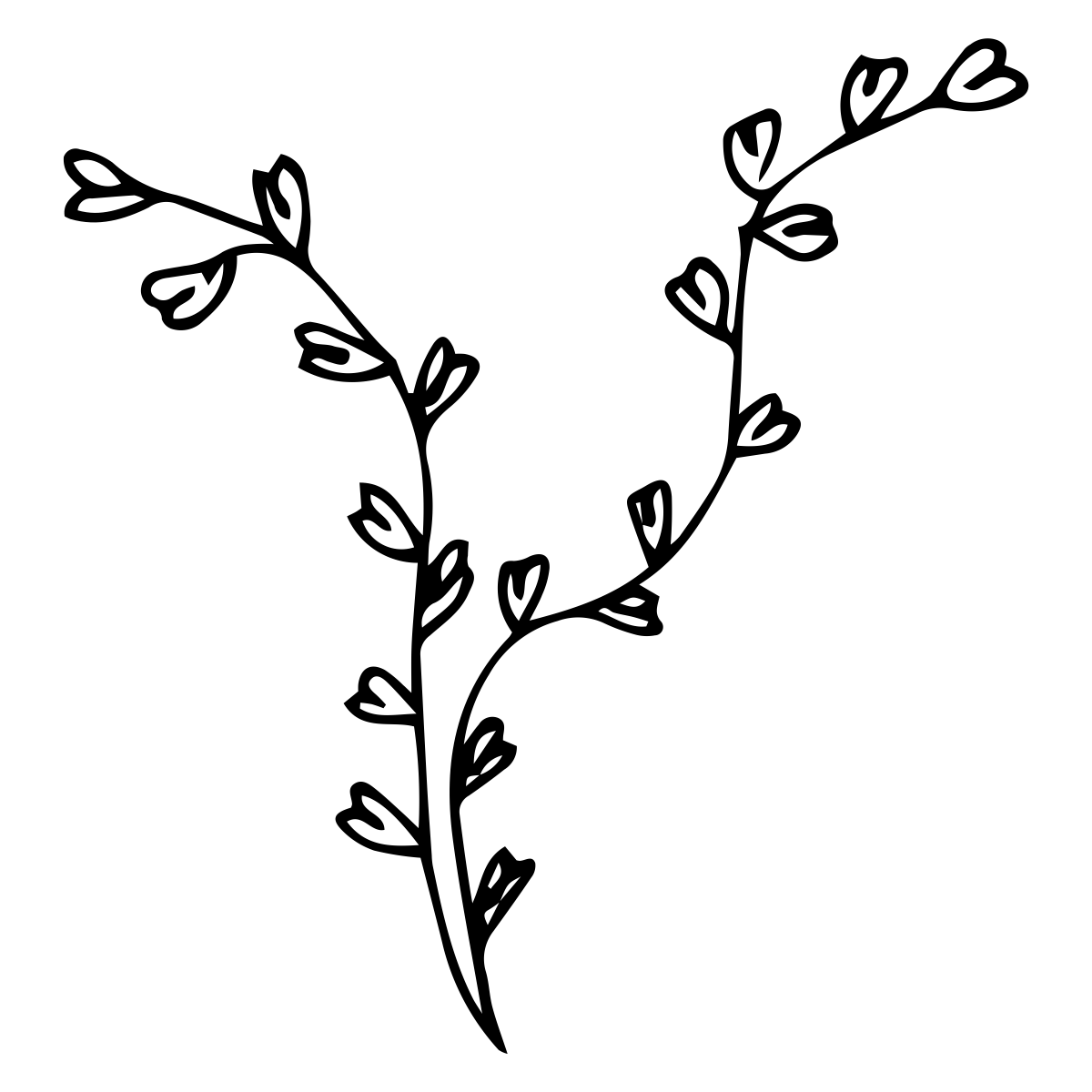
What is my personal barometer for goodness? Is it internal (measured by my own standards) or external (measured against others)? Is one of those inherently better than the other? How does being good serve us – or does it? If we have "right actions," does it matter what’s driving them?
Above all, what is the practical application for virtue? What is modern virtue, and how can we make it our own? Could it influence us to make our own slice of the world a nicer place to be? What are some simple heuristics to help us practice being better? Not just better at doing things – but heart-level, to-the-core better human beings?
A thing to ask my Board of Advisors: In the last five years, what new belief, behavior, or habit has improved your life the most? (This intellectual fodder is gratefully borrowed from the 11 questions posed by Tim Ferriss in Tribe of Mentors.)
